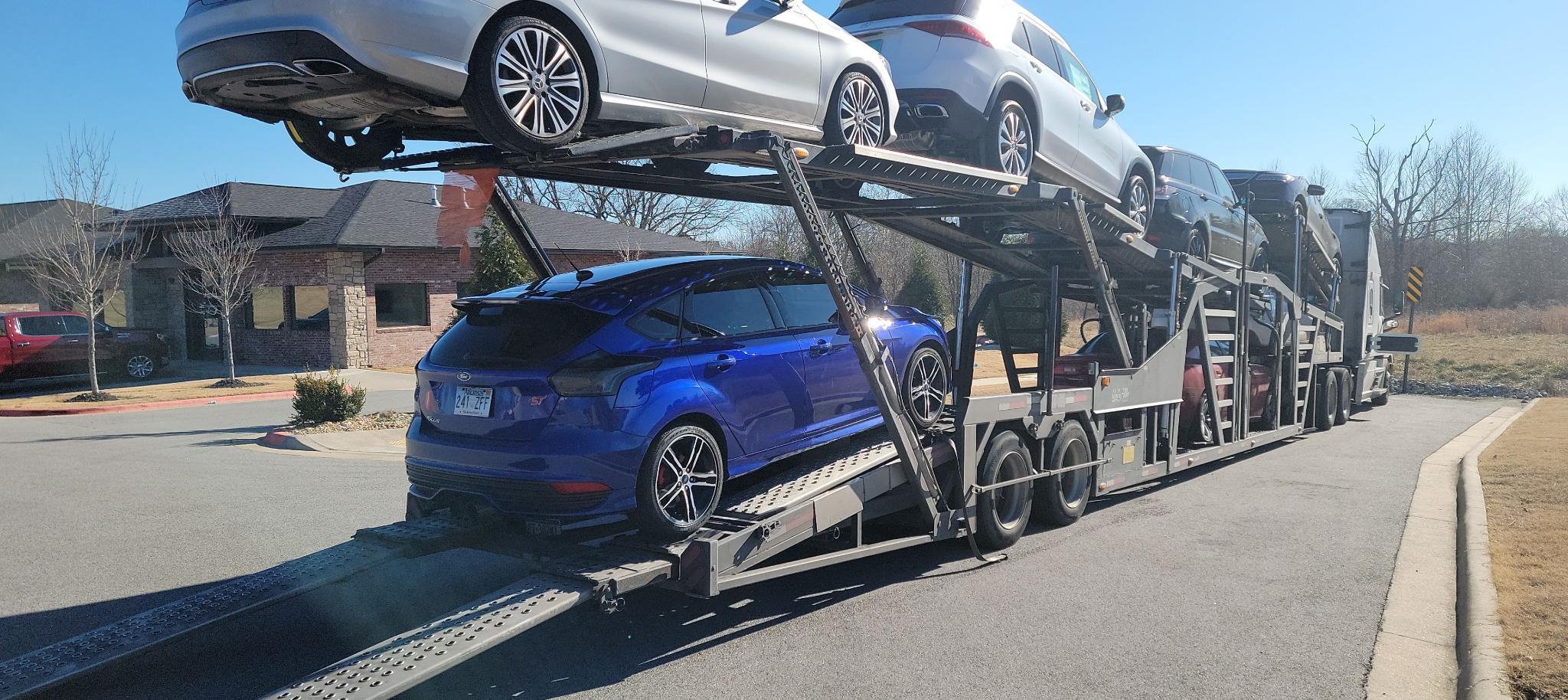Relocating to another state or across the country often raises an important question: Should you drive your car yourself, or hire a professional service to ship it? While both options come with unique costs and considerations, understanding the breakdown will help you make a smarter financial decision.
Driving Your Car: Costs to Consider
At first glance, driving your own vehicle might seem cheaper, but the expenses can add up quickly:
Fuel Costs – Depending on your car’s gas mileage and the distance, fuel can cost several hundred dollars.
Lodging and Meals – For long trips, you may need to book hotels and budget for meals along the way.
Time Investment – Your time has value. Multi-day trips can mean taking time off work or delaying other commitments.
Wear and Tear – Long-distance driving adds miles to your odometer, increasing depreciation and requiring sooner maintenance (oil changes, tire replacement, etc.).
Unexpected Risks – Breakdowns, accidents, or emergencies may add towing car costs and other unplanned expenses.
When totaled, driving across several states can easily reach $1,000–$2,000 or more once all direct and indirect costs are factored in.
Shipping Your Car: Costs and Options
Hiring an auto transport company might sound more expensive initially, but in many cases, it’s the more cost-efficient choice, especially for long distances. Here’s why:
Flat Transport Rates – Your car shipping cost is typically based on distance, vehicle size, and transport type. Unlike driving, there are no hotel, food, or gas expenses.
Convenience – Professional transporters handle logistics, giving you peace of mind and saving time.
Reduced Wear and Tear – Your vehicle arrives without additional mileage or damage from the road.
Different Transport Options:
Open Auto Transport – The most common and affordable method, where your car is shipped on an open carrier.
Enclosed Auto Transport – A premium option for luxury, classic, or high-value cars, offering full protection from weather and debris.
On average, car transportation from state to state ranges from $600 to $1,500 depending on distance and method.
Cross country car shipping may cost between $1,000 and $2,500, but is often cheaper than the cumulative expenses of driving yourself.
Driving vs. Shipping: Which Is Cheaper?
For short distances (under 300 miles), driving yourself is usually cheaper since you avoid booking a carrier.
For medium to long distances (over 500–1,000 miles), shipping often becomes the more economical option once you factor in gas, lodging, food, maintenance, and time off work.
If your vehicle is high-value, rare, or you want to avoid road risks, enclosed car shipping is worth the premium.
Ultimately, the choice depends on your budget, timeline, and comfort level. But for long moves, many people find that shipping saves both money and hassle.
FAQs About Car Shipping vs. Driving
How much does it cost to ship a car across the country?
Typically between $1,000 and $2,500 depending on distance, vehicle size, and whether you choose open or enclosed transport.
Is it cheaper to drive my car instead of shipping it?
For short moves, yes. But for long-distance relocations, the combined costs of gas, hotels, food, and wear-and-tear often make shipping more affordable.
What’s the difference between open and enclosed auto transport?
Open transport is cheaper but exposes your vehicle to weather and road debris. Enclosed transport offers full protection at a higher price.
Can I put personal items in my car when shipping?
Some carriers allow limited belongings inside the vehicle, but weight restrictions apply. Always confirm with your chosen auto transport company.
How do I prepare my car for shipping?
Clean your car, remove personal items, check fluid levels, and take photos for documentation before handover.
Final Thoughts
If you’re moving short distances, driving may save you some money. However, for long relocations, hiring a car shipping service is often the smarter, safer, and surprisingly cost-effective choice. By weighing total expenses, not just upfront fuel, you can make the right decision for your situation.



